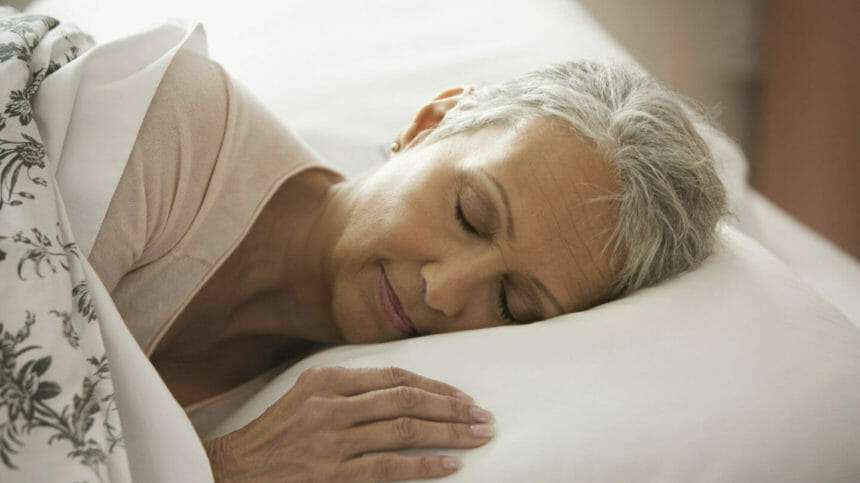
Insomnia following a COVID-19 hospitalization already was well known among the medical community, but a new study finds that mild COVID-19 infections also are linked to the sleeping problem — especially in those who already experience depression or anxiety.
Huong T. X. Hoang, a researcher from Phenikaa University in Vietnam, published a report today in Frontiers in Public Health that surveyed 1,056 adults who had COVID-19 but weren’t hospitalized with the illness. None of the participants had a history of insomnia or psychiatric conditions. The respondents shared how well and long they slept, as well as whether they had any sleep difficulty before getting the virus that led to COVID-19.
Of the participants, 76.1% said that they experienced insomnia; of them, 22.8% said that it was severe. Half of those surveyed said they woke up more often at night, and a third said it was more difficult to fall asleep, that they slept worse, and they slept for less time. People who didn’t have symptoms of COVID-19 scored less on the insomnia index, but the researchers said that the difference wasn’t statistically significant.
People with pre-existing chronic conditions, as well as those who had depression or anxiety before COVID-19, had higher rates of insomnia and developed insomnia at a higher rate compared with those their age. Insomnia can make mental and physical health worse, but it also can be driven by poor mental health, the authors pointed out.
“If you experience insomnia after COVID-19, don’t think that is normal,” Hoang said in a statement. “If insomnia does not bother you much, you can take some simple actions, such as taking a warm shower before bedtime, shutting your phone down at least one hour before going to bed, doing 30 minutes of exercise per day, and avoiding caffeine after 4 pm. In case insomnia really troubles you, you can try some over-the-counter sleep aids. If they don’t help, go to see a sleep therapist.”





